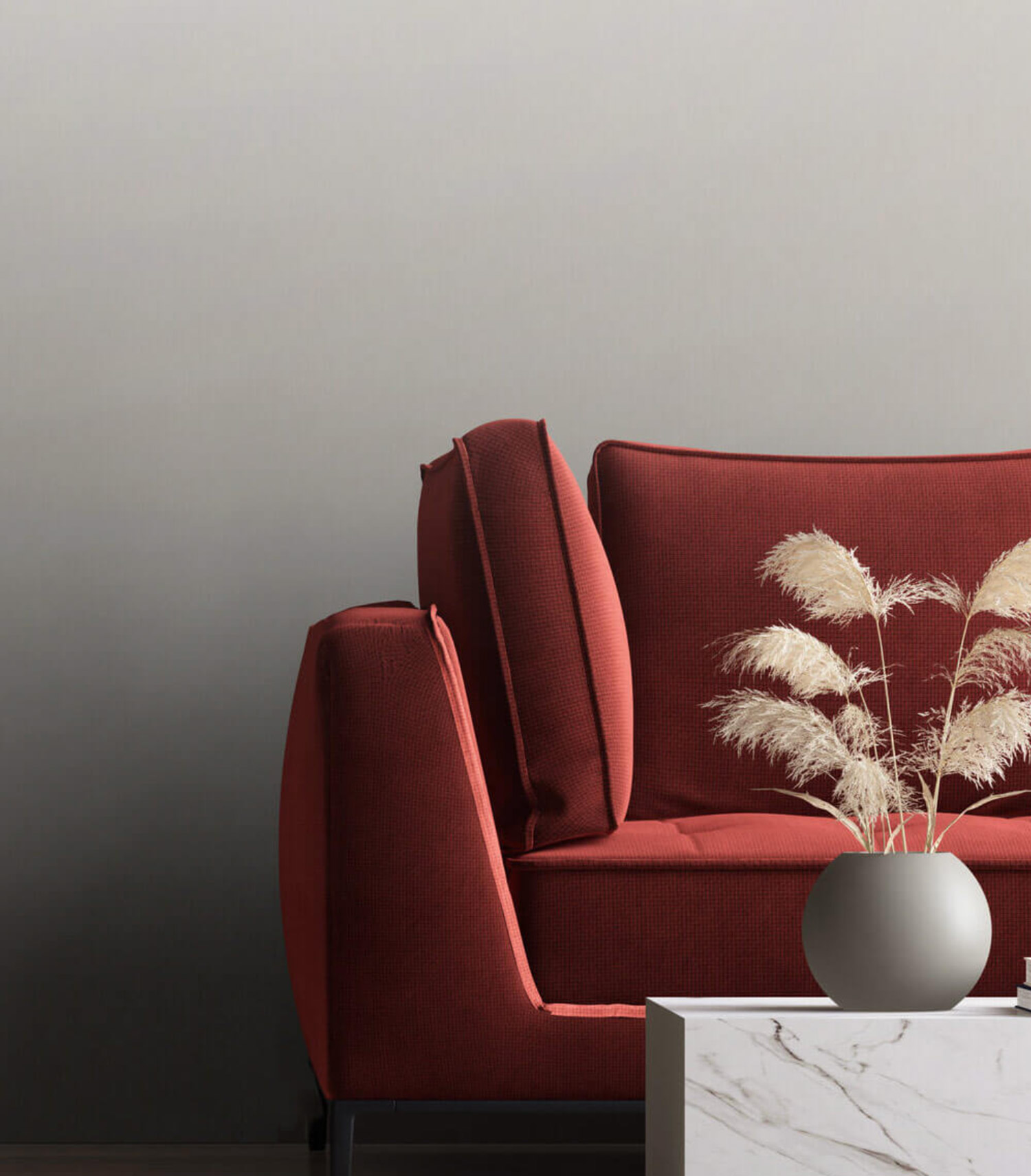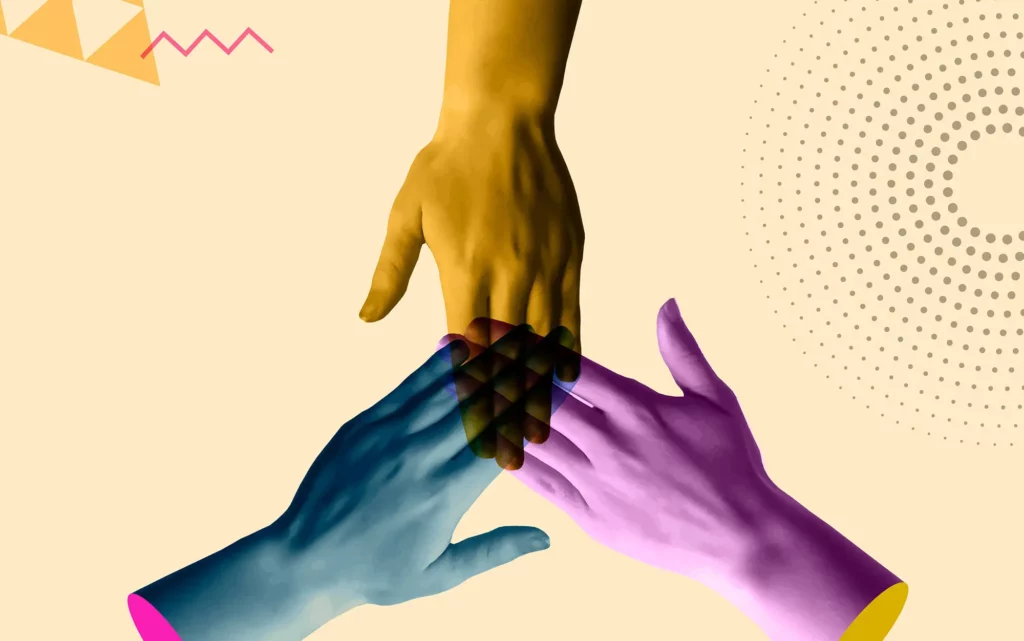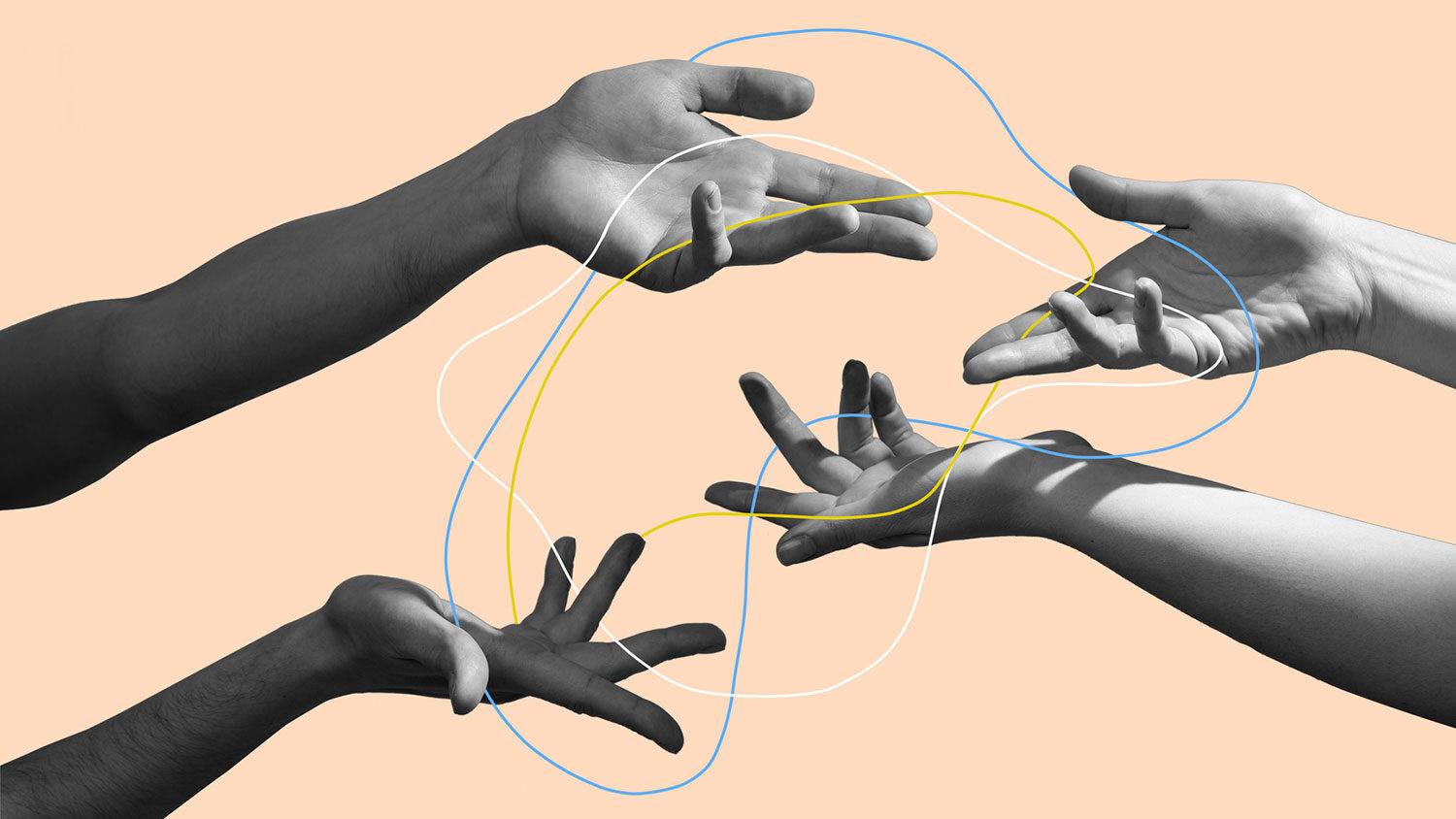Are you facing the same blunders in relationship after relationship? It could be your attachment style at play. Attachment theory came about in the 1950s with research linking our attachment to our caregivers during intimacy to how we connect with partners later in life. Maybe it’s not them, maybe it’s you. (And that’s not a bad thing!) Knowing your attachment style can help you better navigate natural relationship bumps in the road and connect more intimately with partners.
What is Attachment Theory?
Attachment Theory begins in infancy. When you’re young, your first means of communicating your needs happen through crying, screaming, babbling, grabbing, and other non-language ways of asking for help. Your attachment to your caregiver — and later in life, to romantic partners — highly correlates with how often and how warmly caregivers responded to you at this time.
Secure attachment
This type of attachment happens when a person’s needs were met frequently and with warmth as infants. They grow up feeling trust for their caregiver(s), leading to less anxious and/or avoidant reactions to life. Children with secure attachment often grow to have better emotional regulation skills, are generally open to new experiences, feel confident, act independently, and enjoy healthy relationships.
Insecure attachment
Insecure attachment occurs when a person’s needs were met unpredictably, infrequently, or frequently without warmth. These children develop a different view of life early on — that others are hard to trust. They may later pride themselves on their independence, sometimes to an unhealthy and avoidant point. Distressing moments may trigger anxious or emotional outbursts instead of confidence in problem-solving.
What Else Impacts Attachment?
While your first year of life is impactful, it’s certainly not the only thing that makes you who you are. Cultural norms, role expectations, and our unique personalities influence how we work through the world, connect with others, communicate emotions, and respond to stress. Our personalities can even show in little ways from an early age. For example, being a more reserved or boisterous baby may affect how caregivers react to us. Children with chronic conditions tend also to have complicated relationships with their caregivers.
John Bowlby, a British psychologist who pioneered attachment theory, characterized attachment in four parts:

Proximity Match
How much we physically want to be near our caregiver

Safe Haven
How much we physically want to be near our caregiver

Secure Base
How comfortable we feel exploring with them as a home base.

Separation Distress
The anxiety that exists in their absence.
The Four Main Attachment Styles
The four main attachment styles exist on an axis from low anxiety to high anxiety and low avoidance to high avoidance.
- Secure Attachment: Characterized by low anxiety and low avoidance, adults with secure attachment have good self-esteem, look to others for help and feel comfortable expressing their feelings.
- Ambivalent/Anxious Attachment: While at first reluctant to get close to others, anxiously attached adults may cling to partners due to intense fear of them leaving.
- Avoidant Attachment: These adults struggle to invest emotionally in relationships and are often unwilling to open up.
- Disorganized Attachment: Characterized by a mix of anxious and avoidant behaviors, these adults often sabotage their relationships through toxic behaviors, miscommunication, and sometimes abuse.

The Power of Knowing Your Style and Communicating Your Needs
If you’re not secure, are you doomed? Of course not! At least one-third of us do not have secure attachment styles, and many enjoy healthy relationships with partners who know us deeply and help us along the way. Partners of anxiously attached people, for example, can do little things to reinforce excitement and commitment to the relationship, like texting check-ins when you’re out of town, verbal reminders of your love, and validating your partner’s concerns.

Contact Us
Are you curious about your attachment style and how it affects your relationships? Please schedule an appointment with one of our counselors today.



